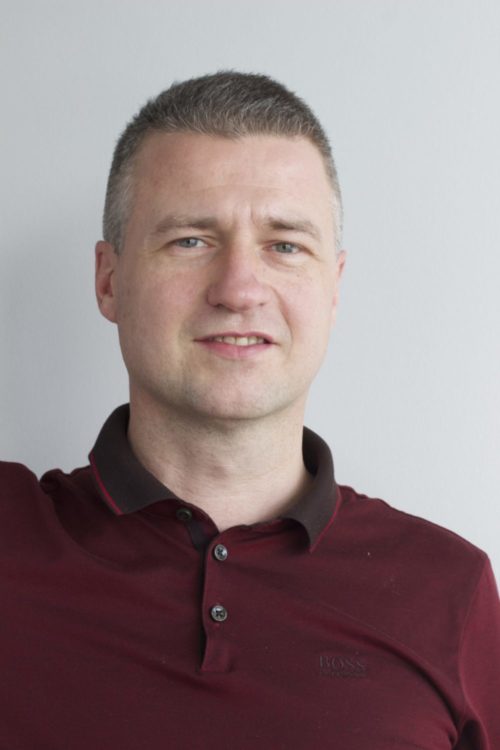
By: Wonder Guchu
The man who blew the whistle on massive corruption in Namibia’s fishing sector, Johannes Stefansson, is the 2021 recipient of The Order of the Baobab award from the Business Ethics Network (BEN) Africa.
The award will be handed over at Swakopmund during the BEN Africa’s 20th annual conference at Swakopmund between 4 and 5 November.
Stefansson will, however, receive the award virtually.
Last week, Stefansson told The Villager that he received the Win Win Gothenburg Sustainability Award in Sweden.
BEN-Africa, formed in 1999, brings together Africans who share an interest in business ethics; business ethics will be expanded on the African continent.
Stefanssons’ story began as early as 2007 when he started working for the Icelandic fishing company Samherji.
After being stationed in Morocco, among other places, he moved to Namibia in 2011 and became head of the company’s operations there.
In Namibia, the company would acquire fishing quotas, and after the company had established itself, Stefansson began to realise that not everything was right.
His company did business with high-ranking Namibian business leaders and politicians to illegally buy fishing quotas, and parts of the profits went through accounts in tax havens.
Stefansson’s whistleblowing landed two former ministers – Bernhardt Esau and Sacky Shanghala – two former bosses of Investec – James Hatuikulipi and Ricardo Gustavo – Esau’s son-in-law Tamson and Pius Mwatelulo in prison, where they are awaiting trial next year.
On Thursday, Stefansson said he did not expect to receive the award from his home in Iceland.
Although the award does not come with any money, Stefansson said it was still a great honour in the fight against corruption.
“It is a huge meaning for me and helps to bring change for the people of Namibia,” Stefansson said.
Stefansson added that he needs every support, especially now.
“I have lost a lot, and the most important thing right now is to finish the case,” he said.
Last week, Stefansson told The Villager that he received the Win Win Gothenburg Sustainability Award in Sweden.
The award is the leading sustainability award that aims to recognise and support outstanding contributions worldwide.
According to the organisers, the award stimulates creativity and achieve lasting synergies to strike the right balance between ecological, environmental and social needs.
The theme for 2021 was anti-corruption, and it came with the prize money of one million kronor (US$120 000).
Stefansson said he did not expect the award and that he still did not know who nominated him.
The money, he said, came at a good time because he has been fighting for five years.
“I have a whole village behind me,” he said, adding that he needs the money to fight corruption further.
The Win Win Gothenburg Sustainability Award jury chairperson Emma Dalväg said of the five finalists Jóhannes won partly to draw attention to the importance of his role as a whistleblower and when the case is still ongoing.
“It is an opportunity for us to support the work with the case,” Dalväg said.
TIGHT SECURITY
Stefansson said he had occasionally decided not to let the company get away and started working with a friend from the Congo he met in South Africa to expose the corruption scandal.
“I began to realise that something was not right, that I was threatened. Strange people started appearing in my life, and people spied on me. Two months after I left the company, he says I had to find a place to hide because the threat had become so great,” he said during the award ceremony.
At one point, Stefansson said, someone tried to kidnap him from the house where he lived, but his security guards were armed.
He also said several times; they found out that there were plans to shoot him by actors in Namibia who wanted him badly.
He also said in Iceland that he has no personal protection but still has a great sense of security in everything he does.
The operations manager at Win Win Gothenburg sustainability award, Nathalie Bödtker-Lund, said they had a dialogue with the police in Sweden before Stefansson travelled to Sweden.
Bödtker-Lund said the police had his driving schedule, and he stayed under aliases in hotels.
“We used aliases when we picked him up at the airport. So we have taken action during the week,” says Bödtker-Lund.
The Swedish police also said they assessed the security situation before he came to Gothenburg.
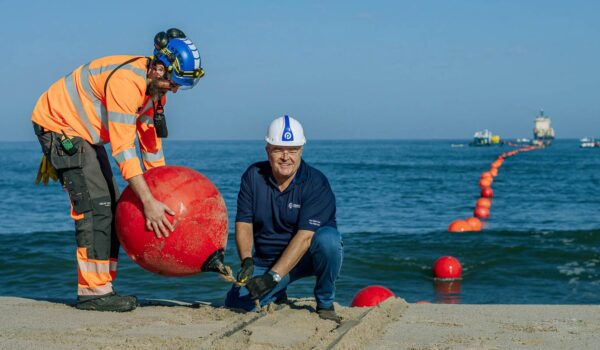
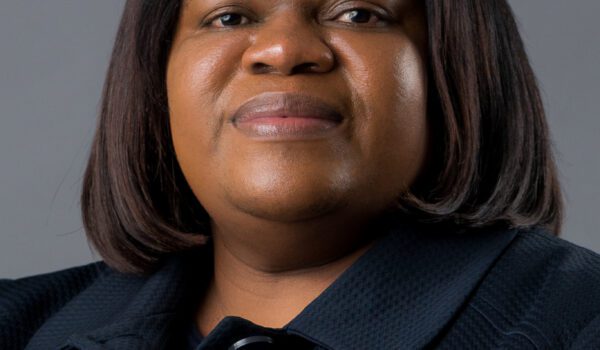
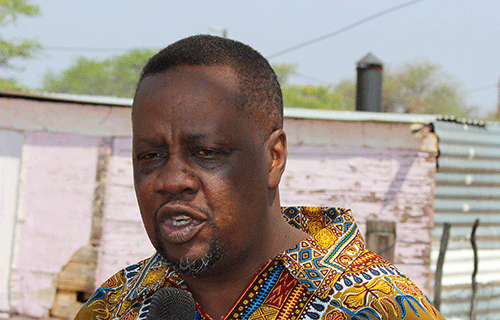


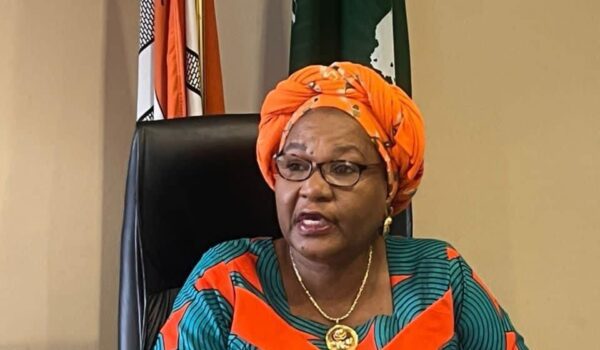
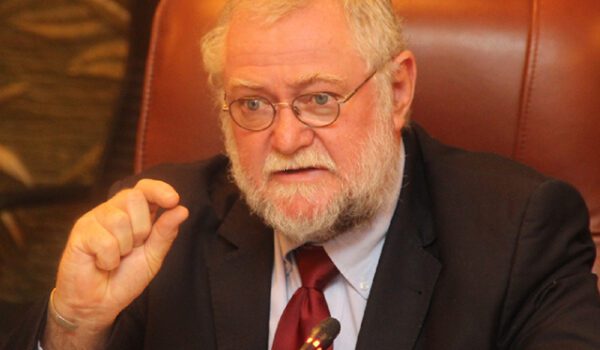
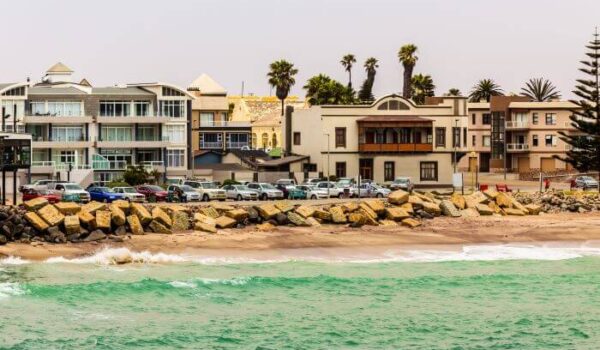

Comments